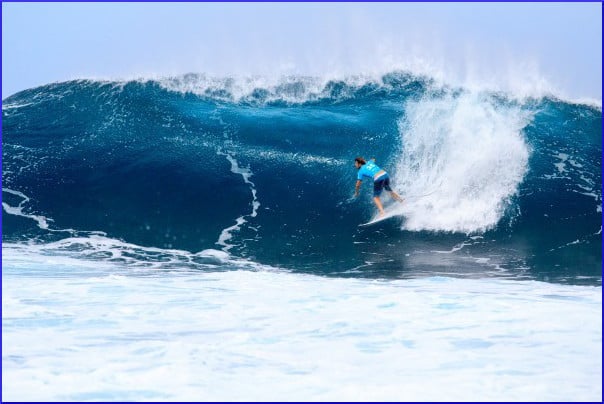
Baba Ram Dass said, “Be here now.” Bob Dylan sang,
Yesterday’s just a memory
Tomorrow is never what it’s supposed to be
This same point has been repeated for thousands of years, in different words, by various kinds of life coaches. All those voices are necessary because a person can hear a truth dozens of times and it just doesn’t land. Then along comes a teacher who says the thing in exactly the right way. Like a key, that particular arrangement of words all at once unlocks something in the psyche.
Jon Hill references Russ Harris, an expert renowned as “accessible,” who teaches therapists how to do Acceptance and Commitment Therapy (ACT):
How many of us go through life, he asked us, like zombies — trying to claw the future towards us with one hand, push the past away with the other, utterly disengaged from the present moment?
Harris urges therapists not to identify their clients by their diagnoses as delineated in the Diagnostic and Statistical Manual of Mental Disorders. Their lived experience is the raw material of this work, and to forget it would be counterproductive. The trick is to arrive at “a simple formulation of the individual’s problem behavior, its triggers and its payoffs.” This in turn shines light on the course the ACT therapy will forge through the wilderness of confusion.
Hill expounds on the simple armature beneath ACT, how ideally “every moment in a session is an opportunity to reinforce defusion, acceptance, contact with the present moment, and committed action.” What does the therapist need in the moment? Psychological flexibility, starting with a willingness to throw away the script and roll with the immanent reality.
What are we talking about?
The Harris instruction sessions include what Hill describes as “a powerful exercise in urge-surfing.” Urge-surfing is a coping skill taught in ACT, which is in turn a subdivision of Cognitive Behavior Therapy. Bay Area CBT Center says:
An urge is a strong desire or craving to act impulsively and out of habit. An urge occurs right before a behavior and is experienced as an intense physical and emotional experience. Urges get triggered… Urges can feel like waves… Rather than struggling and fighting an urge we can ride it by staying present and mindful, noticing the moment it peaks and the moment it crashes.
The client gains a tool with which to capture a bunch of negative stuff and turn it to advantage. It may start out as manure, but the client can rebrand it as fertilizer and use it to grow a better life. It all ties in with mindfulness, which is another way of saying “Be here now.” The Center’s post on the topic covers the five essential steps of urge surfing, merely outlined here but fully explained on the page:
Identify the Physical Sensation in the Body
Focus on the Sensations
Notice Breathing
Refocus on your Body
Stay Curious and Present
Portland Psychotherapy has provided an even more exquisitely detailed description of each step in “How to Surf an Urge,” and also reminds us that resistance causes persistence, and…
[…] if we adopt an open and curious attitude about the urge and watch it without doing battle with it, then the urge will subside. However, if we go to battle with our urges, they will subside more slowly.
Your responses and feedback are welcome!
Source: “Being a zombie, Finding Nemo & urge-surfing: it’s all ACT Made Simple,” ContextualConsulting.co.uk, 09/12/15
Source: “Ride the Waves with Urge Surfing,” BayAreaCBTCenter.com
Source: “Riding the Wave: Using Mindfulness to Help Cope with Urges”
Photo on Visualhunt

 FAQs and Media Requests:
FAQs and Media Requests: 











